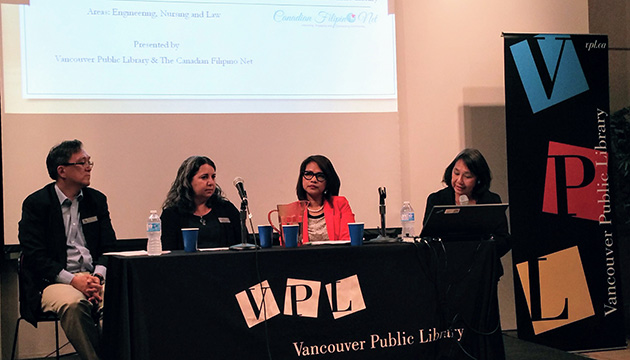The primary objective of the Act Establishing Absolute Divorce in the Philippines is to give women and men, in a marital relationship that is beyond repair, the option to end the union and start a new life. The measure refers to absolute divorce as "the separation between married couples that is total and final where the husband and wife return to their status of being single with the right to contract marriage again.
The rationale for the proposed bill is clearly expressed in Section 2 of the proposed bill that states that while the state “continues to protect and preserve marriage as a social institution and as the foundation of the family,” a divorce would give a chance for couples to terminate “a continuing dysfunction of a long broken marriage.” The bill hopes to “save the children from pain, stress and agony consequent to their parents’ constant marital clashes” and “grant the divorced spouses the right to marry again for another chance at marital bliss.”
The proposed law amends the Family Code for legal separation and annulment. It is unlike legal separation which is restrictive and does not allow separated couples to re-marry, but similar to the more expensive and long drawn annulment process which completely dissolves the union and enables the parties to start a new life with another lifetime partner again.
What makes the relationship in marriage irreparable according to the proposed law?
The grounds listed include existing grounds for legal separation under Article 55 of the Family Code, and annulment under Article 45 of the same code:
- Physical violence or grossly abusive conduct directed against the petitioner, a common child, or a child of the petitioner
- Physical violence or moral pressure to compel the petitioner to change religious or political affiliation
- Final judgment sentencing the respondent to imprisonment of more than 6 years, even if pardoned
- Drug addiction or habitual alcoholism or chronic gambling of the respondent
- Homosexuality of the respondent
- Contracting by the respondent of a subsequent bigamous marriage, whether in the Philippines or abroad
- Marital infidelity or perversion or having a child with another person other than one’s spouse during the marriage, except when the spouses have agreed to having a child through in vitro or a similar procedure, or when the wife bears a child as a result of being a rape victim
- Attempt against the life of the petitioner, a common child, or a child of the petitioner
- Abandonment without justifiable cause for more than a year
- Those legally separated by judicial decree for more than two years can also avail of divorce
- One of the spouses was older than 18 but younger than 21 at the time of marriage without the consent of a parent, guardian, or substitute parental authority unless after the age of 21, the pair freely cohabitated and lived together
- Either party was of unsound mind, unless such party, after coming to reason, freely co-habilitated with the other
- The consent of one party was obtained through fraud unless, despite after knowing the fraud, continued to cohabit as husband and wife
- That the consent of one party was obtained by force, intimidation, or undue influence, unless despite the cessation of such, the pair continued to cohabit
- That either party was incapable of consummating the marriage with the other, and the incapacity continues or appears to be incurable
- That either party is afflicted with a sexually transmissible infection that is serious or appears to be incurable
In addition, the bill introduces the following grounds:
- Separation for at least 5 years at the time the petition is filed, with reconciliation “highly improbable,” except if the separation is due to the overseas employment of one or both spouses in different countries, or due to the employment of one of the spouses in another province or region distant from the conjugal home
- Psychological incapacity of other spouse as defined in Article 36 of the Family Code, whether or not the incapacity was present at the time of marriage or later
- When one of the spouses undergoes gender reassignment surgery or transition from one sex to another
- Irreconcilable marital differences and conflicts resulting in the “total breakdown of the marriage beyond repair” despite the efforts of both spouses
As proposed, the law in effect allows married couples to put an end to a dysfunctional, abusive and irremediable relationship and have a chance to start a less turbulent and hopefully more peaceful new life and perhaps become productive citizens devoid of threats, harassment and fear.













